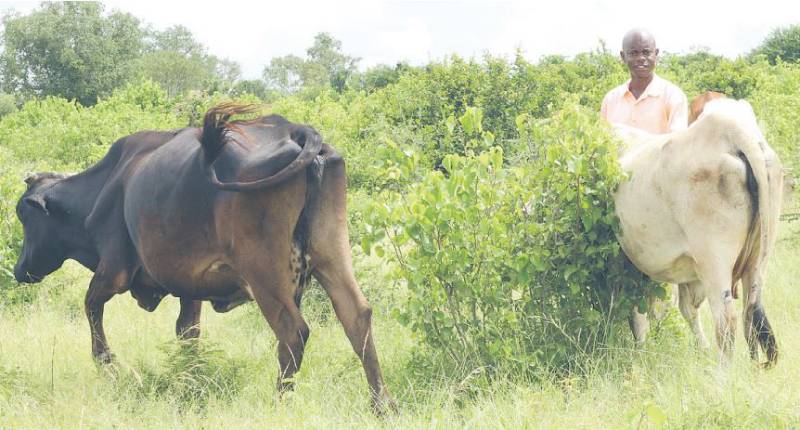×
The Standard e-Paper
Fearless, Trusted News

Safari ya Bamba ni machero (The journey to Bamba is tomorrow) is an old Giriama childhood song, sang when they gather in the evening as they wait for their mothers to cook.
Though innocently sang, it tells that if you want to travel to Bamba, you must be adequately prepared both psychologically and physically because going there is not a journey for the faint-hearted. It requires both stamina and determination.